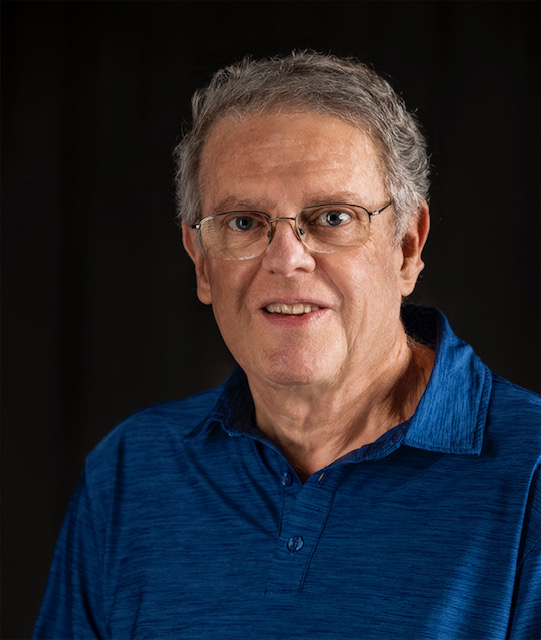Pete Morton
I grew up as an “Army Brat,” living all over the world. My fascination with photography began in Taiwan in 1959. Over the years my interest continued to grow. In the 1980’s I spent many hours in the darkroom I built in the basement of my home. First processing black and white film and then making Cibachrome prints from slides.
In 2001 I discovered Adobe Photoshop, and my darkroom was replaced by this new-found software. My interest in Photoshop and digital photography has never slowed. Early on, I accepted invitations to lecture on digital photography at the college level in Cornwall, England and later to teach advanced Photoshop techniques to professional photographers in London.
After graduating in physics from Clemson University and the University of South Carolina graduate school, I began my career at the National Institutes of Health (NIH) where I initially worked as a health physicist in the department of nuclear medicine. Two years later I moved to the NIH data center to manage a consulting group that assisted mainframe programmers. Thirty years later, I became the manager of the NIH group that provided and supported the NIH, FDA, VA, and CDC grant systems.
I joined the NIH Camera Club and later, the North Bethesda Camera Club. In 2017 I discovered the Silver Spring Camera Club where the people and atmosphere were (and still are) wonderful.Without hesitation I joined SSCC leaving the other camera clubs.
In 2019 I attended the Maryland Photography Alliance (MPA) judge training program and became a certified judge. More recently, I participated in the MPA critique training program and added my critique certification.
I have enjoyed judging numerous competitions and giving critique sessions throughout Maryland as well as clubs in Oklahoma, New York, and New Jersey.
Over the past several years I have also become active in the Photographic Society of America (PSA) where I both participate in and lead study groups in general and monochromatic photography. I have also judged PSA photography competitions.
My experiences judging and critiquing photography have led to my philosophy about comments from judges and critiquers. I believe that photographers should never blindly accept a judge’s opinions of their work. Instead, their input should be thoughtfully weighed, and the photographer should decide which comments have merit. In fact, anyone’s honest thoughts about a photographer’s work are useful, because evaluating and learning from the suggestions of others is how we grow as artists.

